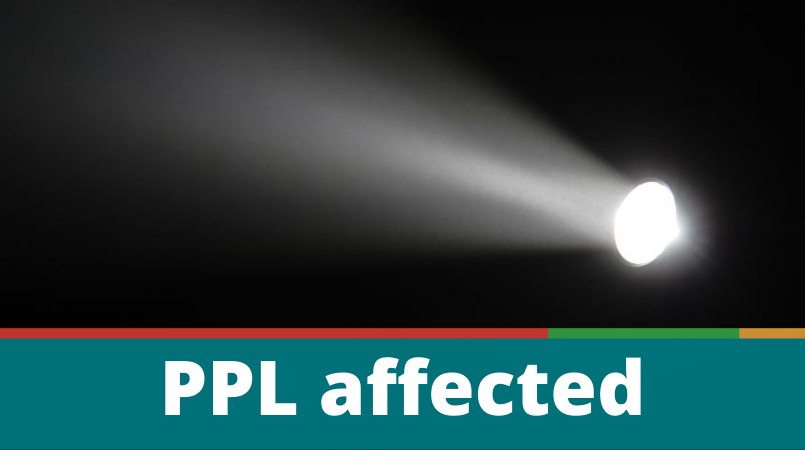
Non-payment of electricity bills by the Government and political interference have affected PNG Power’s performance.
The Independent Consumer and Competition Commission (ICCC) listed these reasons after acknowledging the electricity supply issues that are impacting all customer categories and businesses in Lae, Morobe Province.
ICCC Commissioner and Chief Executive Officer, Paulus Ain, said the ICCC noted a few issues that have certainly affected PPL’s performance and thus, the reliability of electricity supply around the country.
Some of these notable issues include:
- Non-payment of electricity bills by Government coffers – the Government owes PPL significant outstanding electricity bills that impacts the financial position of PPL to effectively sustain its operations and meet its financial obligations.
- Political interference on PPL’s operation – PPL has been subjected to a lot of political pressure that has affected the viability of their business. There has been a lot of unsolicited proposals being forced to PPL through political means that tied PPL to unnecessary long-term financial commitments which PPL does not have the financial capacity to manage. Consequently, PPL is inundated with astronomical debt such as the case now in Lae.
- Tariff freeze – PPL’s financial performance has been impacted by the Government imposed tariff freeze in 2013 that has resulted in PPL being incapacitated to invest in its rehabilitation programs, let alone new investments such as extending its grid.
- Electricity theft – illegal connections have been rampant around the country, resulting in PPL making a revenue loss by at least 20 percent.
- Aging infrastructures – The reliability at the generation segment improved dramatically since ICCC introduced competition in the (generation) market in 2014 leading to the establishment of a number of independent power producers. However, PPL still has some of the aging transmission and distribution infrastructures that are causing frequent power reliability issues.
Ain further added that the ICCC understood the issues facing the electricity supply industry and has taken necessary steps through regulatory interventions to address them with relevant stakeholders.
The measures include:
- PNG Off-Grid Code and Regulation – The ICCC supports the Government’s plan to electrify at least 70 percent of the households by 2030. One of the ways this can be achieved is through the active participation of all stakeholders, particularly the private sector in rural areas. To this end, the ICCC is actively involved in a project to develop an off-grid code for PNG (‘PNG Off-Grid Code’). The PNG Off-Grid Code is a regulatory framework under development and once established, will facilitate off-grid electricity development in the country. The aim of the PNG Off-Grid Code is to remove the market risks and provide certainty in the off-grid areas through regulations for private sector and developers to invest.
- Pursuant to a NEC Decision No. NG129/2019, PPL has proposed a PNG Power Sector Investment Process (PPSiP) to facilitate competitive bidding process. The PPSiP aims to establish a competitive tender process to deliver best value deals for PPL and support the move for an open and transparent evaluation process. The ICCC anticipated to take charge of the PPSiP and power purchase agreement process between PPL and third-parties through a competitive auction/bidding process.
“With good commercial decisions, PPL will certainly improve its revenue base, which means investment in key areas such as its rehabilitation programs and interventions,” Ain stated.
“The ICCC has been working tirelessly with PPL and other development partners to put in place strategies, processes, guidelines and measures to improve the status of the electricity sector in PNG.”
